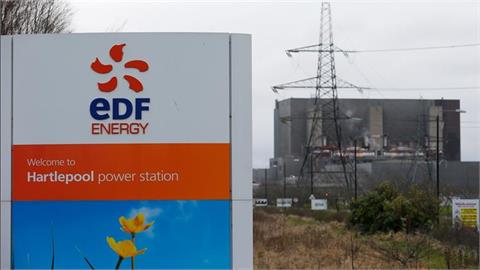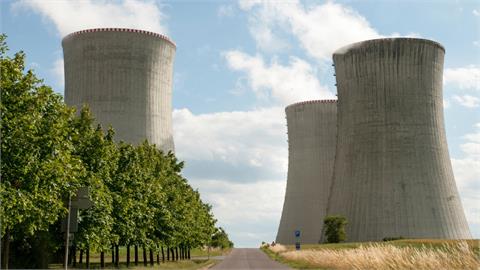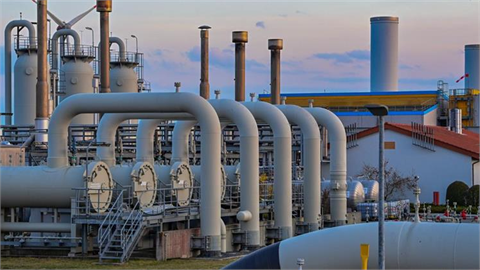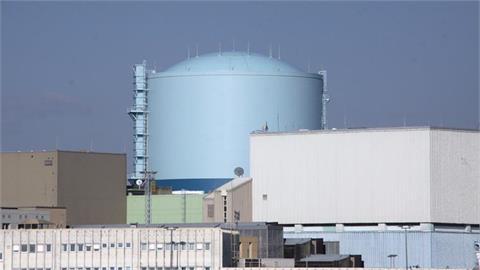Swedish energy group Vattenfall is planning to offload its lossmaking east German lignite mines to a Czech consortium, in a move aimed at cutting its carbon emissions and reducing its exposure to low European electricity and coal prices.
EPH, one of central Europe's largest energy groups, has agreed to acquire the assets in partnership with PPF Investments, controlled by Petr Kellner, the Czech Republic's richest man.
Like other traditional utilities with operations in Germany, Vattenfall has become a casualty of the country's Energiewende — a radical energy policy that involves shifting towards renewables and away from nuclear and fossil fuels.
The policy has created an excess of power supply. Over the past five years, the wholesale price of electricity in Germany has dropped from €60 per megawatt hour to €20 MWh, hammering the profit margins of energy companies that generate power from natural gas and coal. More recently, the price of coal has also fallen sharply along with that of oil and gas.
Lignite, or brown coal, provides more than 25 per cent of Germany’s electricity, according to figures published in 2015. But the German government is determined to derive less power from coal in the coming years.
Magnus Hall, Vattenfall's chief executive, told the Financial Times he expected German electricity prices to stay at "extremely low levels" for years.
"There is no light at the end of the tunnel," he added. With the lignite deal, Vattenfall will be reducing its exposure to the "pure electricity price", and leaving it more focused on "low-cost hydro and nuclear power in Sweden", said Mr Hall.
The divestment is also part of a strategy imposed by the Swedish government, Vattenfall's owner, to derive more power from clean sources of energy and less from highly polluting fossil fuels.
Mr Hall said three-quarters of the company’s electricity generation would now be from "climate neutral" sources, compared with a half before the deal.
The sale includes all of Vattenfall's lignite assets in Germany — five open cast mines, three power plants and 50 per cent stake in a fourth — with a total workforce of 7,500.
€20 MWh
Wholesale price of electricity in Germany, down from €60 MWh five years ago
Following the deal, Vattenfall said it would record a writedown of between SKr22bn ($2.7bn) and SKr27bn in its results for the second quarter of this year.
But Vattenfall added that it would have expected to take a bigger writedown had it retained the lignite assets.
One person close to the deal said the transaction had therefore generated €1.3bn in positive value for Vattenfall.
Prague-based EPH said the deal involves it taking €3.4bn worth of assets and €2bn of liabilities and provisions, including those for decommissioning. Vattenfall will provide about €1.7bn in cash as part of the transaction, added EPH.
EPH, which already owns a lignite mine in east Germany, said it was confident that the energy source would "continue to play an important role" in Germany as a "bridging technology" and back-up to intermittent wind and solar.
Coal is still a major energy source in countries such as the Czech Republic and Poland, where governments are both unwilling to wind down mines that employ hundreds of thousands of people and sceptical of the benefits of renewables.
Vattenfall said it expected to finalise the deal, which requires government approval, in a couple of months.
(Financial Times, 18 April, 2016)



